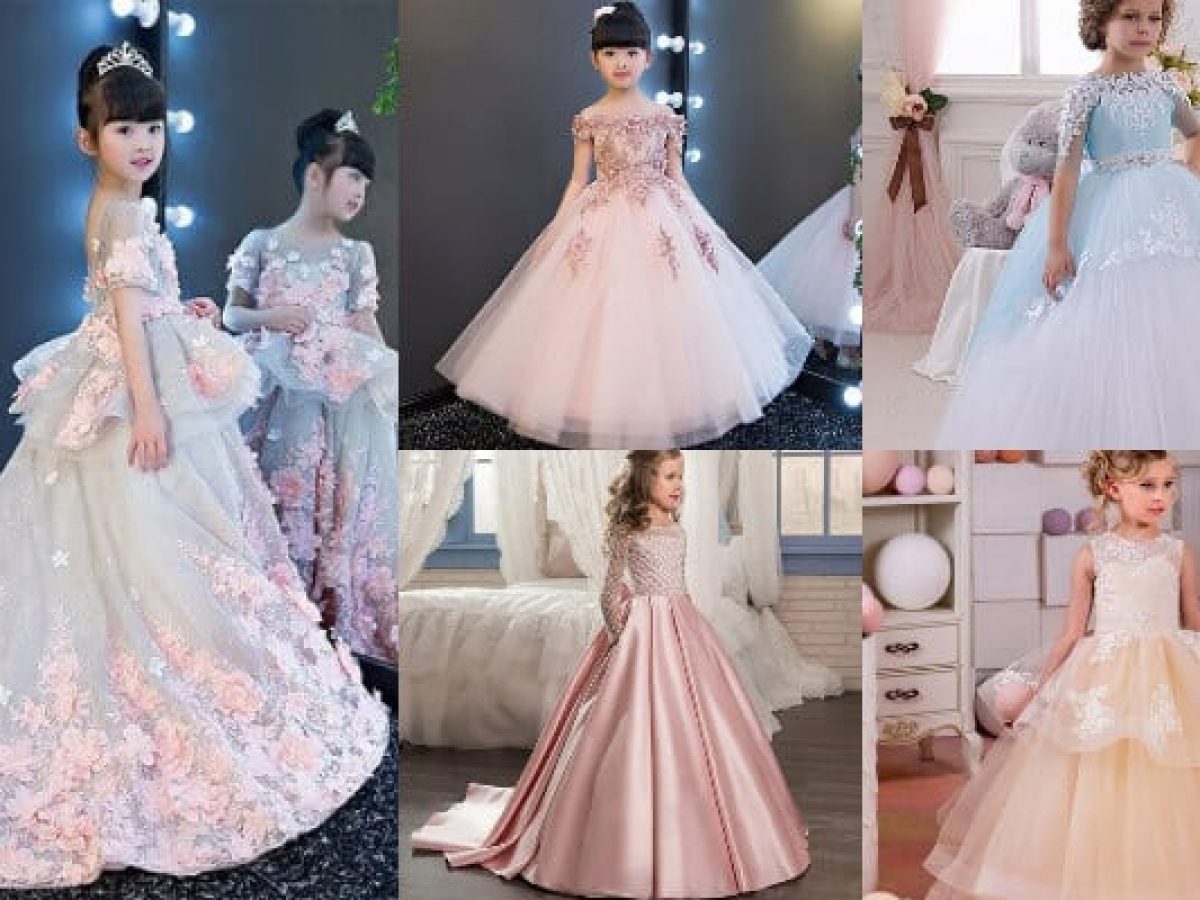The Pathway to Fashion Industry Success
Education and Internships: Your First Steps
To kickstart a career in fashion, a degree from a reputable institution is often essential. This educational foundation equips aspiring professionals with the necessary skills and knowledge to excel in various roles within the industry. According to the National Association of Colleges and Employers, 80% of employers want candidates to have completed formal internships source: NACE. Internships provide invaluable hands-on experience, allowing individuals to showcase their creativity, work ethic, and commitment to potential employers.
Diverse Career Options in Fashion
The fashion sector is vast, offering roles that cater to a wide array of interests and talents:
- Fashion Designers: The visionaries who create new clothing and accessory designs.
- Fashion Consultants: Experts who advise clients on style choices and trends.
- Image Consultants: Professionals who help individuals refine their personal or professional image.
- Fashion Marketing and Advertising: Specialists who promote fashion brands and products.
Each position requires a unique set of skills, from artistic ability to business acumen. For instance, a business major might find their niche in the marketing department of a fashion house, combining their strategic thinking with a passion for style.
The Importance of Creativity and Innovation
In the fashion industry, creativity is not just an asset; it’s a necessity. The ability to generate fresh ideas and transform them into fashionable items is what sets apart successful professionals in this field. As reported by McKinsey & Company, the fashion industry thrives on innovation, with 93% of executives considering it a key to driving growth source: McKinsey. Those who can navigate the complexities of the industry and stay ahead of trends can find themselves in high-demand roles.
The Competitive Edge in Fashion Careers
Building a Standout Resume
In a field as competitive as fashion, a strong resume is crucial. It should highlight not only your educational background and experience but also your unique creative projects and contributions to the industry. A well-crafted portfolio can also be a powerful tool, showcasing your best work and demonstrating your potential to future employers.
The Role of Communication and Networking
Effective communication and networking are vital in the fashion world. Building relationships with industry professionals can open doors to opportunities that might otherwise be inaccessible. Attending fashion events, participating in online forums, and engaging with fashion influencers can all contribute to a robust professional network.
Staying Current with Fashion Trends
An intimate understanding of current fashion trends and consumer preferences is essential. Professionals must stay informed about the latest developments in the industry to remain relevant and competitive. This knowledge can be gained through fashion publications, trend forecasting services, and continuous learning.
Conclusion: Your Fashion Career Awaits
The fashion industry is a place where dreams can become reality for those with the talent and determination to succeed. With a blend of creativity, education, and strategic career moves, you can secure a fulfilling and exciting career in this ever-evolving industry. Whether you aspire to be a designer, marketer, or consultant, the fashion world is ready for your unique vision and passion.


